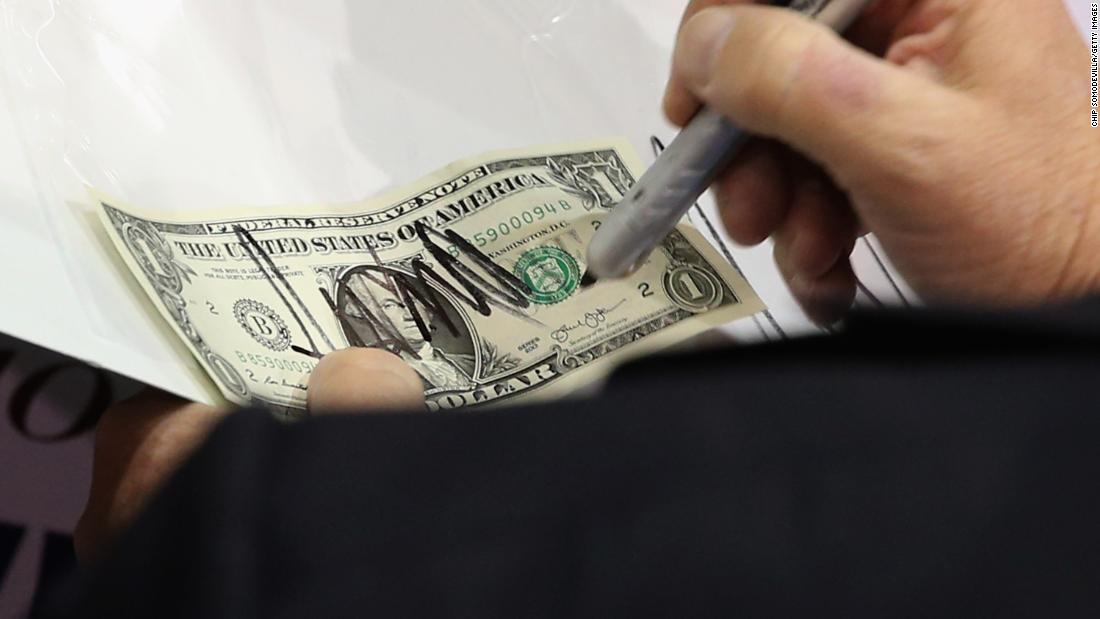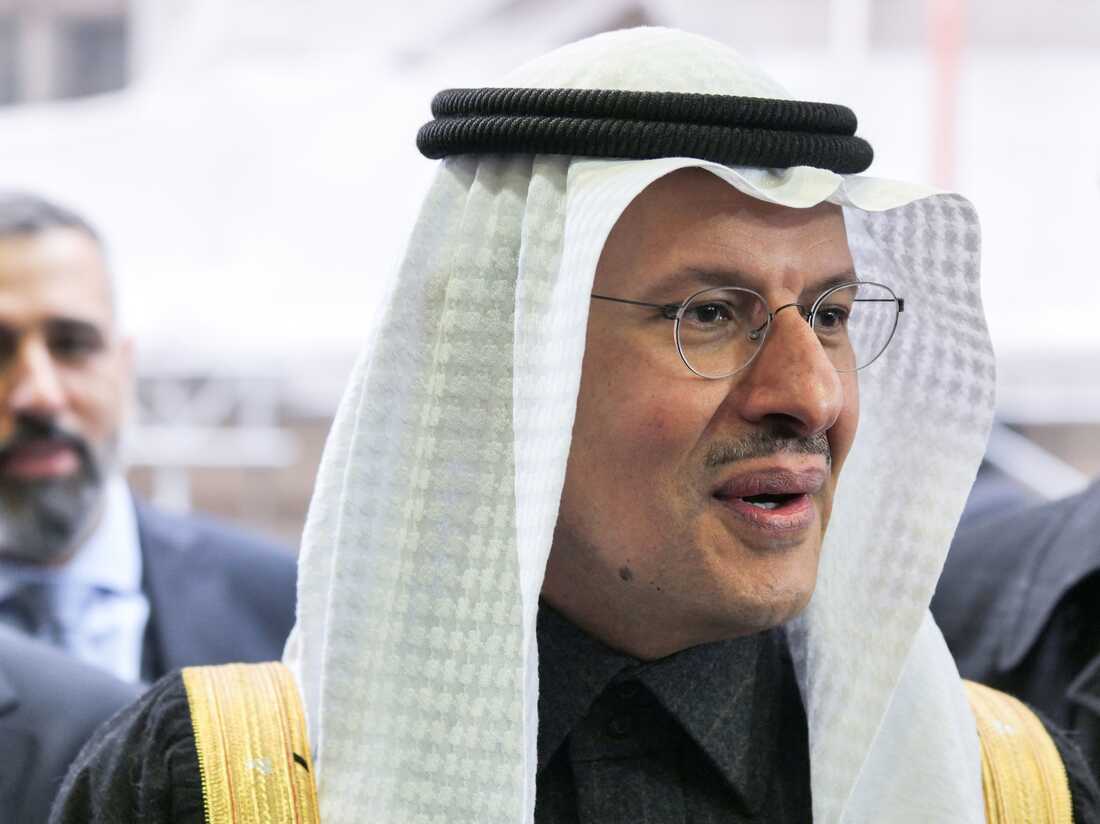Trump's Softer Tone On Fed Boosts US Dollar Against Major Currencies

Table of Contents
The Shift in Trump's Rhetoric Towards the Fed
President Trump's past pronouncements on the Fed have been far from subtle. He frequently criticized then-Chair Jerome Powell, often publicly lambasting the Fed's interest rate decisions and accusing them of hindering economic growth. Statements like, “[The Fed is] making a big mistake,” and his repeated calls for lower interest rates, created considerable market uncertainty.
However, recently, a noticeable shift in Trump's tone has emerged. While still voicing opinions on economic policy, his criticisms have become less frequent and less overtly hostile. This change may be attributed to several factors:
- Political Considerations: With an upcoming election, a more conciliatory approach towards the Fed could project an image of economic stability and competence to voters.
- Improved Economic Indicators: Positive economic data, such as lower unemployment rates and steady GDP growth, might have lessened the urgency for aggressive criticisms of the Fed's actions.
- Strategic Repositioning: A change in strategy might be underway, prioritizing a less confrontational stance to foster market confidence.
Impact on Market Sentiment and Investor Confidence
Trump's softer tone has demonstrably calmed investor anxieties. The consistent barrage of criticism previously sowed uncertainty, impacting investor confidence in the US dollar and broader financial markets. Political stability is intrinsically linked to currency valuation; when political risk decreases, investor confidence rises, leading to increased demand for the associated currency.
The market's reaction to this shift has been largely positive:
- Increased Investment in US Assets: Investors are showing renewed interest in US Treasury bonds and other dollar-denominated assets, driving up demand for the US dollar.
- Reduced Uncertainty: The lessening of political pressure on the Fed has reduced market volatility, making US assets more attractive to risk-averse investors.
- Improved Risk Appetite: A more stable political landscape encourages greater risk-taking, leading to further investment in the US economy and bolstering the dollar's strength.
The Role of Other Economic Factors
While Trump's altered rhetoric has played a part, it's crucial to acknowledge that other significant economic factors contribute to the dollar's current strength. The global economic landscape is far from uniform:
- Slowdown in Other Major Economies: Relative weakness in major economies like the Eurozone and Japan increases the appeal of the US dollar as a safe-haven asset.
- Interest Rate Differentials: Higher interest rates in the US compared to other countries attract foreign investment, increasing demand for the dollar.
- US Trade Policy (or lack thereof): While trade tensions continue, the absence of major escalations under the current administration creates a perception of relative stability.
Analysis of US Dollar Performance Against Major Currencies
The US dollar's appreciation is evident when comparing its performance against major currencies. Charts clearly show a strengthening trend:
- EUR/USD: The Euro has weakened against the dollar.
- USD/JPY: The Yen has depreciated against the dollar.
- GBP/USD: The Pound has also shown a decline relative to the dollar.
The magnitude of this appreciation needs to be analyzed within the context of recent historical trends. While the rise is notable, it's crucial to avoid drawing overly simplistic conclusions without accounting for other economic shifts.
Conclusion: Trump's Influence on the US Dollar's Strength
In conclusion, while other economic forces undoubtedly influence the US dollar's value, President Trump's shift to a less confrontational stance towards the Federal Reserve has demonstrably contributed to the recent strengthening of the currency. This change in rhetoric has calmed market sentiment, boosted investor confidence, and ultimately increased demand for the US dollar. However, it's vital to remember that the dollar's performance is a complex interplay of factors. Staying informed about evolving economic conditions and Trump's economic policies is key to understanding future shifts in currency markets. Stay updated on how Trump's policies affect the US dollar and monitor the impact of his softer tone on Fed policy. Learn more about the factors influencing the US dollar's value and navigate the complexities of global currency markets effectively.

Featured Posts
-
 From Whataburger Viral Video To Uil State The Story Of A Hisd Mariachi Group
Apr 24, 2025
From Whataburger Viral Video To Uil State The Story Of A Hisd Mariachi Group
Apr 24, 2025 -
 How Effective Middle Management Drives Business Results And Improves Employee Experience
Apr 24, 2025
How Effective Middle Management Drives Business Results And Improves Employee Experience
Apr 24, 2025 -
 Open Ai To Acquire Google Chrome Chat Gpt Ceos Bold Claim
Apr 24, 2025
Open Ai To Acquire Google Chrome Chat Gpt Ceos Bold Claim
Apr 24, 2025 -
 Tyler Herros 3 Point Contest Victory Cavs Steal Skills Challenge
Apr 24, 2025
Tyler Herros 3 Point Contest Victory Cavs Steal Skills Challenge
Apr 24, 2025 -
 Eu Plans Spot Market Ban For Russian Natural Gas
Apr 24, 2025
Eu Plans Spot Market Ban For Russian Natural Gas
Apr 24, 2025
